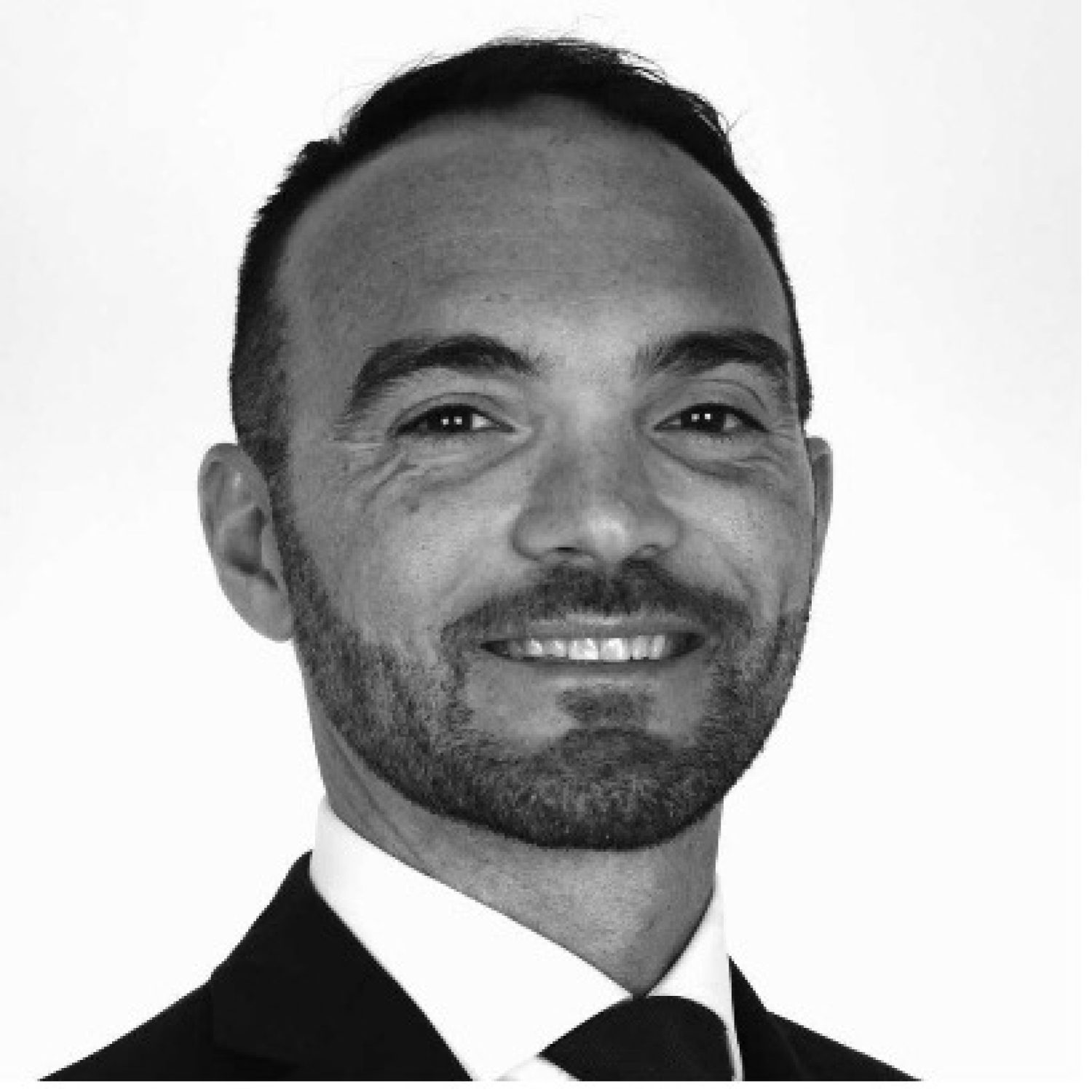Andrea De Tommaso (OSACO Group)
Andrea is a senior investigations and integrity specialist with over 17 years of experience leading inquiries and building investigative capacity in the humanitarian and development sectors. He is a Senior Consultant at OSACO Group, where he conducts complex investigations into corruption, fraud, abuse of power, and safeguarding, and advises organisations on strengthening internal controls, grievance mechanisms, and risk management systems. His assignments have spanned Africa, Latin America, Central Asia, the Balkans, and Europe, often in high-risk and sensitive contexts.
Earlier in his career, Andrea was a senior officer with the Italian Financial Police, directing specialised units on organised crime, anti-mafia measures, counter-terrorism financing, and financial crime. He coordinated multi-jurisdictional investigations, led cross-border asset recovery operations, and dismantled mafia-structured criminal networks through international cooperation with enforcement agencies.
Andrea is also an experienced trainer, having developed and delivered programmes worldwide on financial crime methodologies, interviewing, and open-source intelligence. His recent work has focused on practical investigative and forensic applications, equipping investigators to identify, verify, and transform digital traces into actionable intelligence.
He holds multiple advanced degrees in law, international relations, and economic and financial security, and is currently pursuing a PhD in International Relations in Barcelona.




